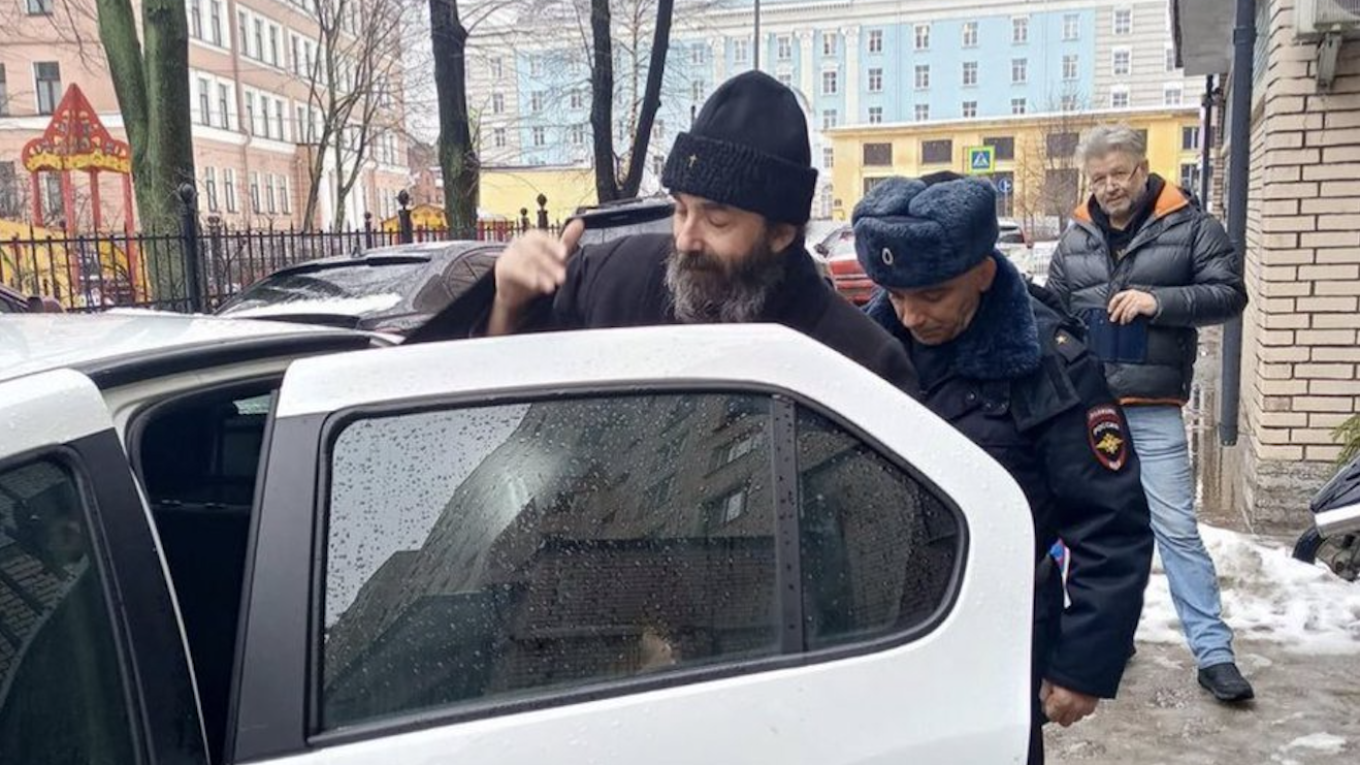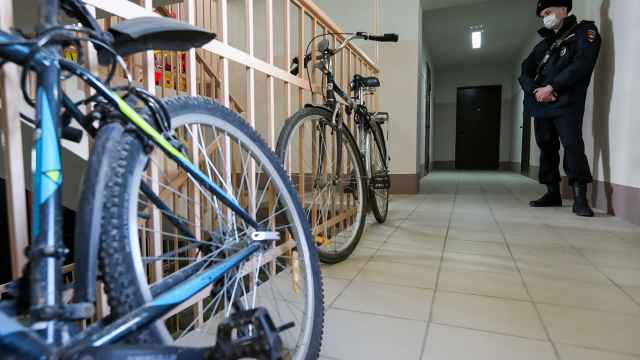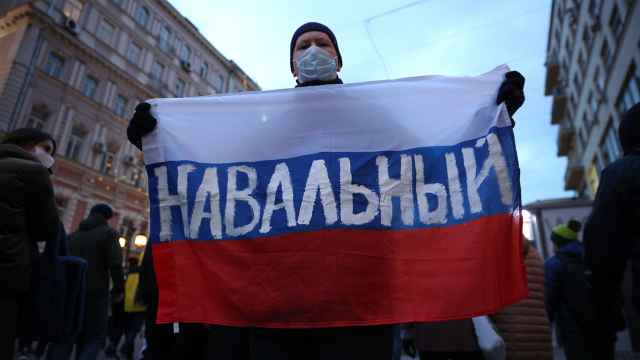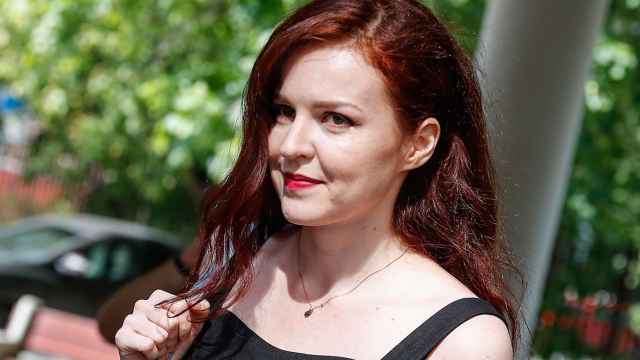A St. Petersburg priest has been detained after he announced he would hold a memorial service for the late Kremlin critic Alexei Navalny, his wife said on Facebook on Saturday.
Grigory Mikhnov-Vaitenko was detained near his home as he was going to the Solovetsky Stone dedicated to Soviet victims of political repression.
Later Saturday, Mikhnov-Vaitenko was hospitalized with a stroke, St. Petersburg opposition deputy Boris Vishnevsky said on the Telegram messaging app.
"At police station No. 43, his lawyer called an ambulance. Grigory was taken to the hospital and the decision was made to hospitalize him," Vishnevsky said, adding that he had just spoken to Mikhnov-Vaitenko.
Pskov opposition deputy Lev Shlosberg said Sunday that Mikhnov-Vaitenko was in the hospital's intensive care unit with signs of a stroke.
Supporters of Navalny, who was announced dead by Russian authorities on Friday, have been laying flowers and photos of the politician at monuments across Russia.
The memorial service in St. Petersburg was conducted by another priest, local media outlet Bumaga reported.
The Russian Orthodox Church said in a statement that “Grigory Mikhnov-Voitenko is not a priest of the Russian Orthodox Church” and urged “to ignore any of his statements and calls in the public space.”
Russian police have detained more than 170 people at spontaneous memorials for Navalny across the country, the police-monitoring group OVD-Info said Saturday.
Russian authorities on Friday warned against attending demonstrations.
Navalny, 47, was serving a 19-year prison sentence in the Arctic when authorities announced his death.
He was imprisoned in January 2021, when he returned to Russia from Germany after recovering from a near-fatal poisoning with what Western scientists said was the banned military-grade nerve agent Novichok.
Russia outlawed Navalny’s nationwide political and activist organizations later that year, declaring them “extremist,” which means that protesting for Navalny puts his supporters at risk.
A Message from The Moscow Times:
Dear readers,
We are facing unprecedented challenges. Russia's Prosecutor General's Office has designated The Moscow Times as an "undesirable" organization, criminalizing our work and putting our staff at risk of prosecution. This follows our earlier unjust labeling as a "foreign agent."
These actions are direct attempts to silence independent journalism in Russia. The authorities claim our work "discredits the decisions of the Russian leadership." We see things differently: we strive to provide accurate, unbiased reporting on Russia.
We, the journalists of The Moscow Times, refuse to be silenced. But to continue our work, we need your help.
Your support, no matter how small, makes a world of difference. If you can, please support us monthly starting from just $2. It's quick to set up, and every contribution makes a significant impact.
By supporting The Moscow Times, you're defending open, independent journalism in the face of repression. Thank you for standing with us.
Remind me later.






